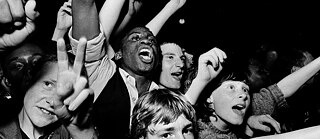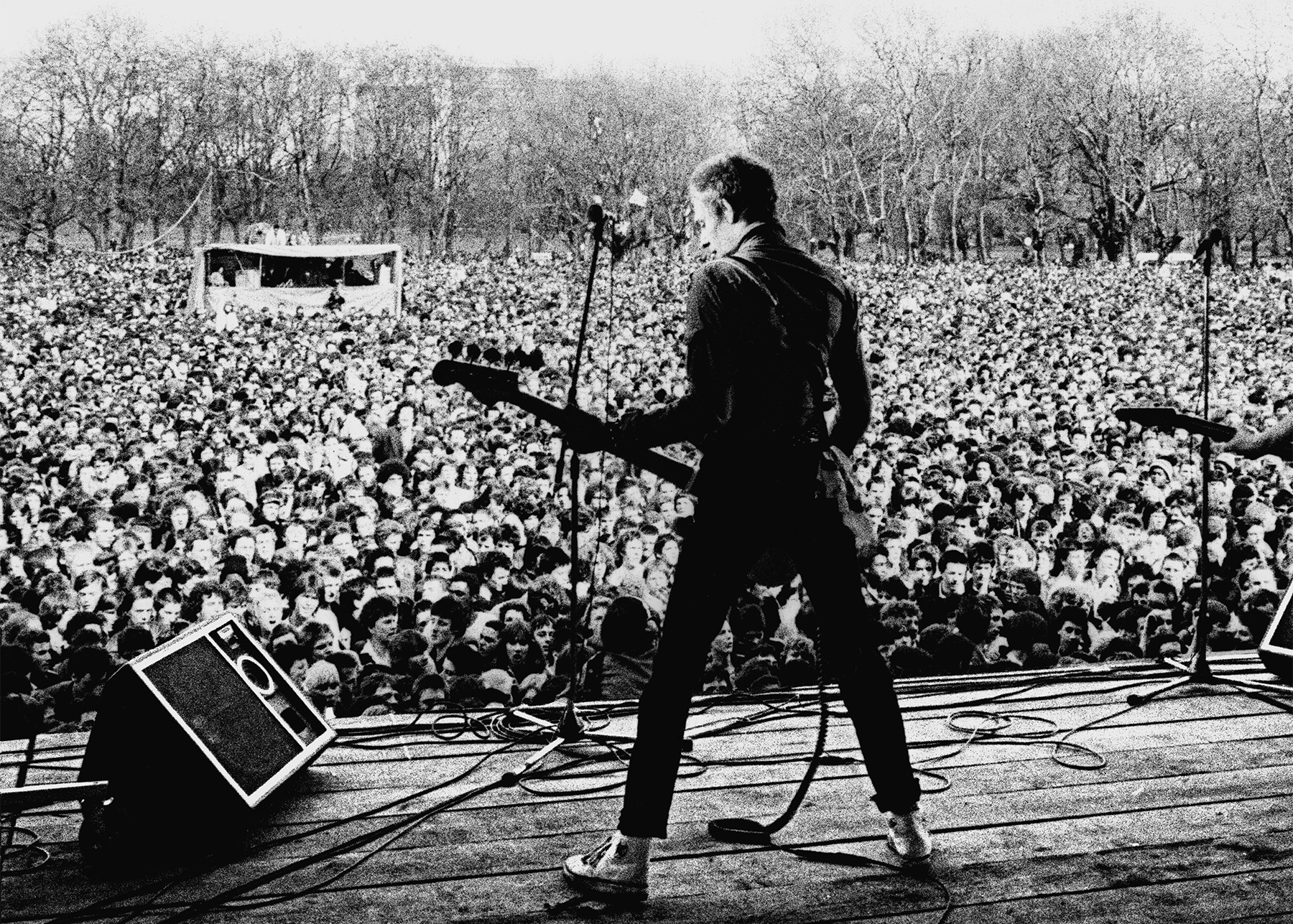Berlinale Bloggers 2020
"White Riot" Ignited Both Anger and Hope About Structural Racism

Just two days before my flight touched down in Berlin, far-right terrorists killed at least 9 people in a harrowing attack in Hanau. The Berlinale was a safe haven in the wake of this brutal, racist incident - I was glad to see so many films tackling issues of race within the programme. Rubikah Shah’s documentary White Riot examines the work of activist group Rock Against Racism, who played a key role in knocking the racist, far-right National Front from their political pedestal in 1970s Britain.
By Neelam Tailor
Understanding history allows us to truly understand today. Sadly, as a society, we don’t seem to learn from the mistakes previous generations made. Within the same 50 years, we make the same capitalism-fuelled cyclical journey which leaves people of colour uncared for and unsafe. “Sadly, it feels like although these events took place 40 years ago, they feel very relevant today”, Shah tells the audience in the Q&A as we all nod. This ignited anger within me, and I wasn’t alone, one audience member said she was shaking after watching the film.
Thankfully, Shah also instilled us with some hope. What a reassuring thing to see grassroots activism have such an impact. Rock Against Racism saw white allies all over the UK, fighting the National Front, and they lost all seats in the 1979 election. That is a true result for a movement of this sort. In the Q&A, Shah spoke about the power of youth culture, and empowered a young audience member to begin their own movement in Germany.
The Power of Music
 "White Riot" by Rubika Shah
"White Riot" by Rubika Shah
Part of what made the film so emotive was the powerful soundtrack of British punk which became the kind of fighting talk of activism in the 70s. Punk isn’t a genre I’ve ever connected with, but White Riot highlighted its impact on the anti-racism movements in the UK, inspiring me to reflect on its power and messages.
The Style Reflects the Activism
Entwined with the interviews with Rock Against Racism pioneers, Shah constructed much of the film in the form of the makeshift collage that the organisation would publish as a magazine. The group spoke about their defiant zine, Temporary Hoarding, which revolutionised how musicians and fans understood societal injustices, while also bringing together reggae, soul, jazz, funk, and punk - genres which traditionally stand quite far from each other. Within the pages of the fanzine, Rubikah placed never-before-seen archive footage of The Clash and Misty In Roots. It was so beautifully stylised, bringing us into the story in a very creative way.
The film takes us on the journey of how the movement grows, beginning with the five people who started it, and ending with nostalgic footage of the iconic where 100,000 people marched six miles through London before arriving at the now-famous concert in Victoria Park. Rubikah Shah did a fantastic job of using the lense of the past to open our eyes to the injustices of today. I can’t wait to see what else she creates in the future.